The Essentials of Sand Bar Anchoring in Florida
Sand bar anchoring in Florida has become both a vital boating skill and a cherished local tradition. Whether you’re navigating the emerald waters of the Panhandle or drifting through the turquoise shallows near the Keys, anchoring safely and responsibly opens a world of unforgettable coastal experiences. It’s more than securing your boat—it’s about fully immersing yourself in Florida’s aquatic culture while respecting its fragile ecosystems.
Sand bars appear and vanish with the tide, offering boaters temporary islands perfect for exploration and relaxation. However, anchoring at these spots takes planning, precision, and environmental awareness. With the right gear, knowledge, and preparation, anyone can master sand bar anchoring in Florida and enjoy the ultimate day on the water.
How to Choose the Best Florida Sand Bar for Your Trip
From lively social gatherings to quiet coastal escapes, Florida’s sand bars offer something for every boater. Choosing the right location depends on your vessel type, experience level, and adventure preferences.
- Haulover Sandbar (Biscayne Bay): Known for its festive atmosphere, Haulover brims with floating parties on weekends. Arrive early to snag a spot and prepare for strong currents and crowded conditions.
- Disappearing Island (Ponce Inlet): Ideal for families, this calmer east coast sand bar provides shallow waters that are perfect for young swimmers and stand-up paddleboarders.
- Islamorada Sandbars (Upper Keys): Located near Whale Harbor and Holiday Isle, these sand bars offer pristine waters and stellar snorkeling—perfect for a tropical escape.
- Three Rooker Island (Gulf Coast): A peaceful retreat for nature lovers, this accessible-by-boat-only location near Dunedin is ideal for dolphin sightings and relaxing picnics.
Keep an eye on tide schedules and marine weather forecasts with tools like NOAA, Navionics, or Windy. The tidal cycle changes sand bar depth and size rapidly, so time your arrival and departure wisely to avoid getting stranded or stuck.
Packing Essentials for Safe Sand Bar Anchoring
Being fully prepared is critical for a stress-free day of sand bar anchoring in Florida. The right equipment enhances safety and ensures more time for fun in the sun.
- Mushroom or Screw Anchor: Designed for sandy bottoms, these anchors provide holding power without damaging the seafloor—perfect for personal watercraft and smaller boats.
- Secondary Stern Anchor: Prevents drift from tides or wake, providing dual-point stability in crowded sand bar zones.
- Anchor Line with Buoy: Helps alert others to your line position and provides easier access when tides rise.
- Shade, Cooler, Float Mats: Pop-up canopies, inflatable islands, and floating coolers ensure comfort in the sun-drenched shallows.
- Eco-Friendly Sunscreen & Trash Bags: Protect Florida’s waters with reef-safe sunblock and clean up thoroughly before departing.
Stow items in dry bags prior to launch and confirm your vessel’s battery and fuel levels. Offshore cell coverage may be spotty, so preload charts and tunes ahead of time.
Anchoring Techniques for Sand Bars in Florida
Anchoring at a sand bar requires attention to detail and careful maneuvering. Here’s how to anchor with confidence and safety:
- Slow Your Approach: About 100 feet from the site, reduce to idle speed. Identify nearby boats and aim to anchor downcurrent or downwind to avoid collisions.
- Confirm Depth: Monitor water depth to ensure your boat will remain safely afloat. Many sand bars accommodate drafts under 24 inches but double-check edges for rapid drop-offs.
- Deploy Bow Anchor: Drop the anchor from the bow at a sharp angle, allowing it to embed firmly. Use reverse throttle briefly to set it securely.
- Set Stern Anchor: Position a second anchor off the stern to align and stabilize your boat across wakes and tides—especially important in busier sand bar zones.
- Check Positioning: Wait 10–15 minutes and observe your placement. Adjust anchor lines if you’re moving or swinging out of alignment.
Don’t be afraid to ask fellow boaters for feedback or a hand—boating communities thrive on camaraderie. In popular spots like Lake Boca Raton or Peanut Island, locals are often happy to share tips on sand bar anchoring in Florida.
Family Tips for Enjoying Florida’s Sand Bars
Many of Florida’s sand bars are fantastic for families, offering calm, waist-deep waters and natural adventures. Stay ahead of the fun with smart planning and safety practices.
- Arrive at the Right Time: Show up 1–2 hours before low tide to enjoy maximum sand exposure, and plan to leave early enough to avoid reflooded areas or difficult departures.
- Create Shade: The mid-day Florida sun can be intense. Portable bimini tops or beach tents offer much-needed relief for both kids and adults.
- Pack Refreshments: Bring reusable water bottles, snacks like trail mix and fruit, and extra hydration. Many sand bars are remote, so think ahead.
- Prioritize Safety: Ensure children wear life vests at all times. Bring a stocked first aid kit that includes bandages, fresh water rinses, and sun relief like aloe.
- Fun Extras: Water toys like shell scoops, waterproof cameras, and mini-kayaks make trips more engaging. Explore tidal pools at places like Bunche Beach during low tide for a mini marine safari.
Do your research before choosing your location. Family-oriented sand bars like those near Marco Island or within the Indian River Lagoon offer tranquil waters and fewer party crowds.
Discover Hidden Gems for Sand Bar Anchoring in Florida
While well-known sand bars attract crowds, Florida’s hidden gems offer serenity and breathtaking scenery away from the buzz. These lesser-known spots are perfect for peaceful anchoring and nature encounters.
- Stump Pass Sandbar (Englewood): Located near Stump Pass Beach State Park, this spot is perfect for quiet mornings spent kayaking and watching manatees.
- Passage Key (North of Anna Maria Island): A protected sanctuary that offers exceptional snorkeling and stark natural beauty. Anchor respectfully and keep your distance from wildlife zones.
- Cayo Costa Shoals (Pine Island Sound): These expansive flats are peaceful and scenic. Paddle with dolphin pods while enjoying one of Florida’s most stunning sunset vistas.
Use shallow-draft boats or kayaks to access tighter areas, and always observe posted rules. These fragile ecosystems rely on responsible boating to stay pristine.
Responsible Boating and Sand Bar Stewardship
Sand bar anchoring in Florida is a privilege and comes with the responsibility to preserve the marine environment. With increasing boating traffic, the impact on delicate habitats has grown—ethical boating makes a difference.
Never toss trash or even organic matter overboard. Avoid seagrass beds by wearing water shoes and anchoring only in designated zones. Approach slowly in “no wake” areas, and respect manatees and nesting bird habitats by staying 300 feet away.
Many Florida coastal communities organize post-holiday sand bar cleanups. Join in if you’re nearby—or at minimum, leave your area cleaner than you found it. Every small act helps preserve these floating community spaces for future generations.
Sand bar anchoring in Florida isn’t just a boating technique—it’s a way to connect with nature, unwind with friends, and discover Florida’s shores from a truly unique perspective. With mindful practices and the right setup, you can drop anchor with confidence and experience the Sunshine State like never before.
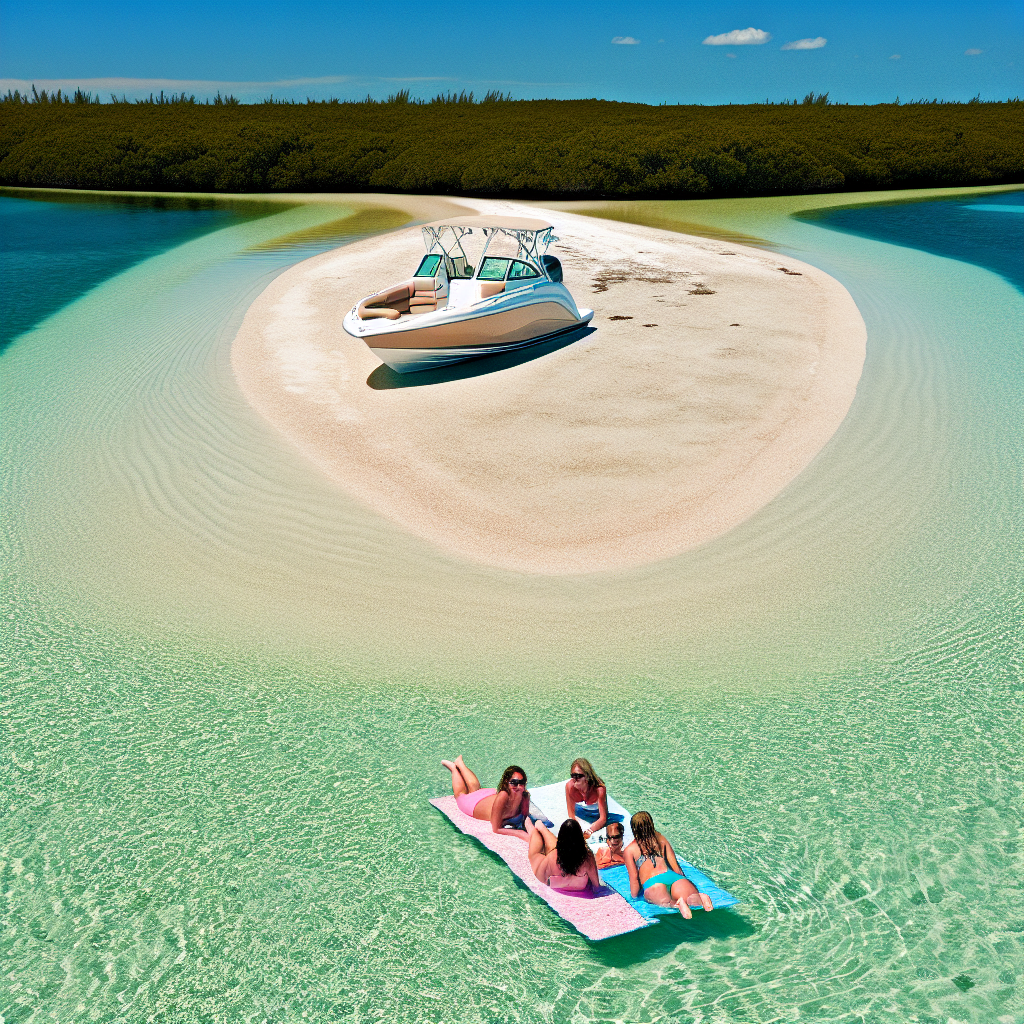
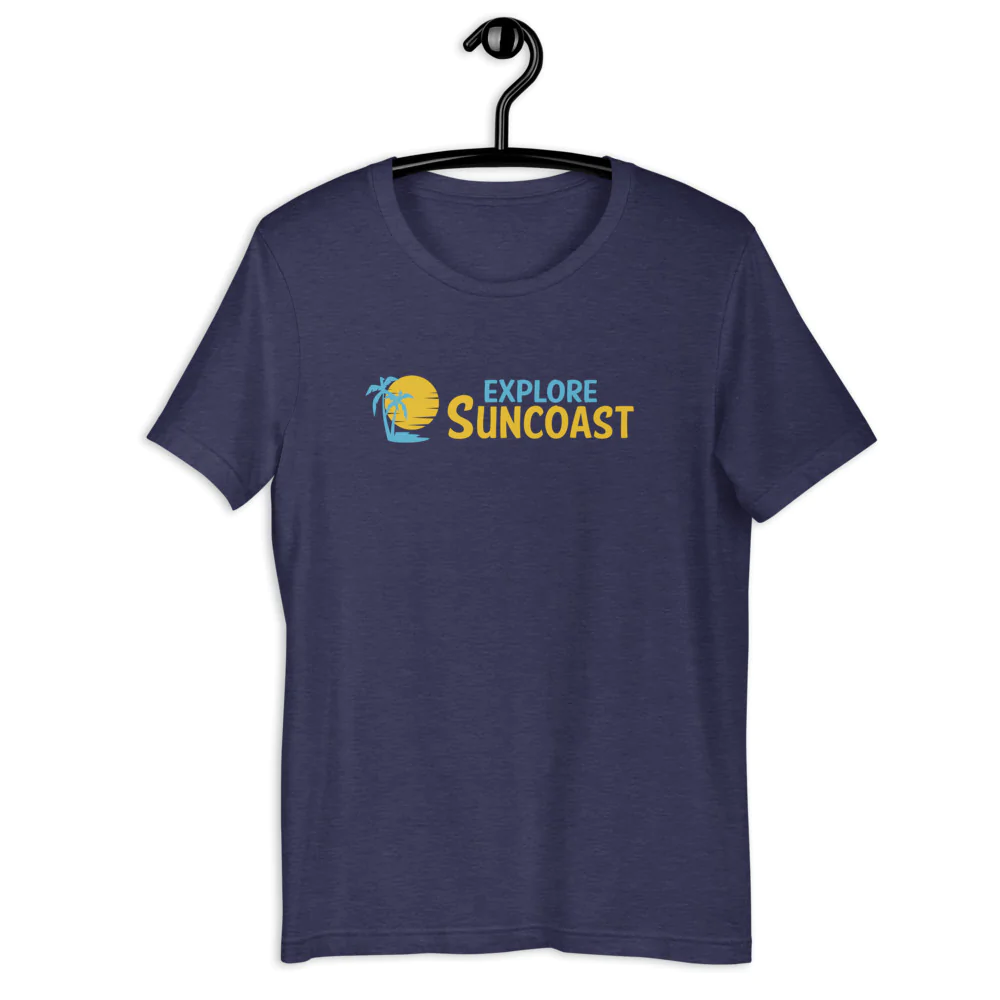

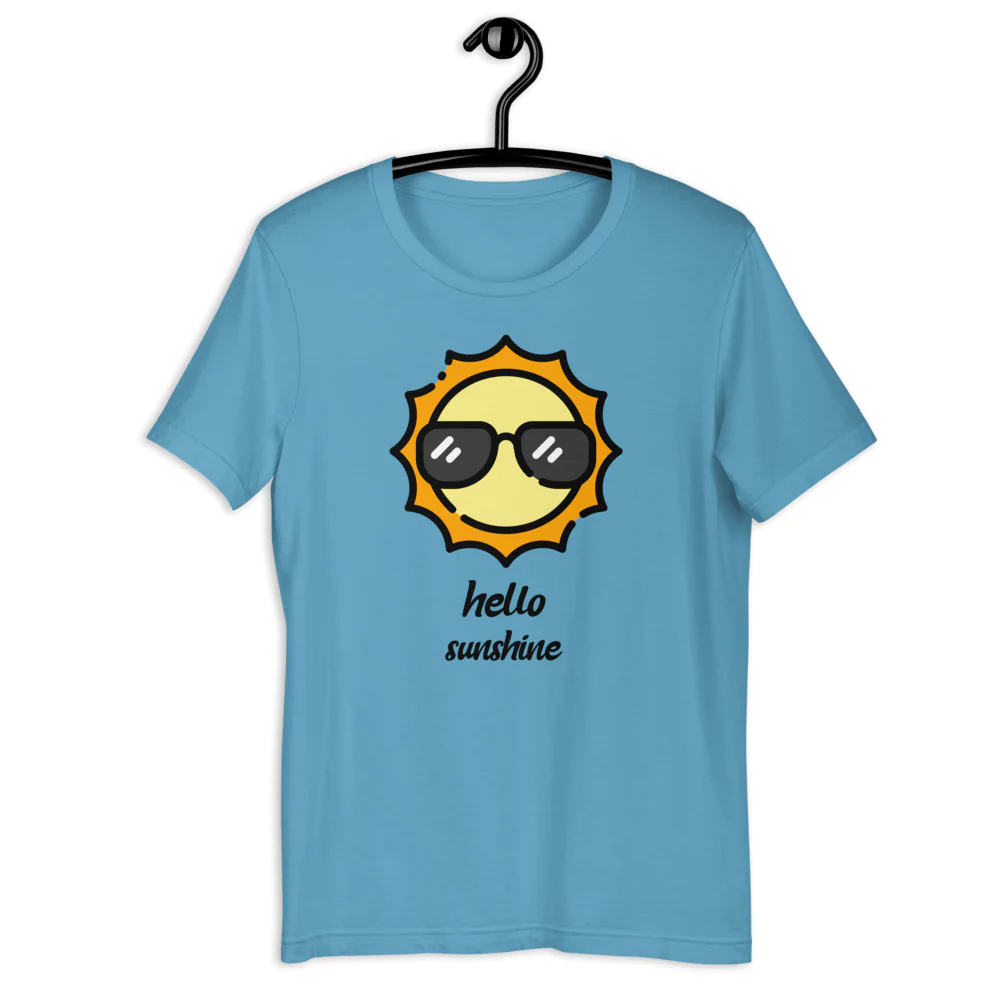

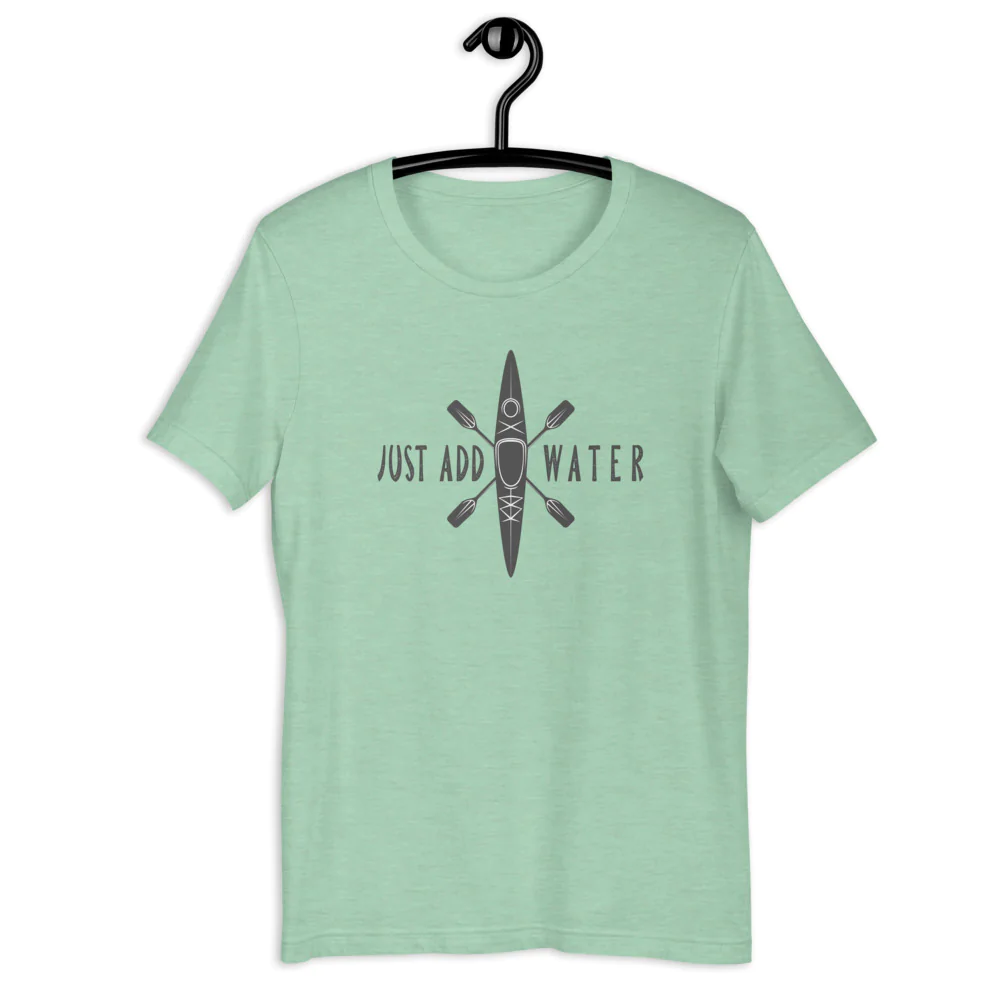
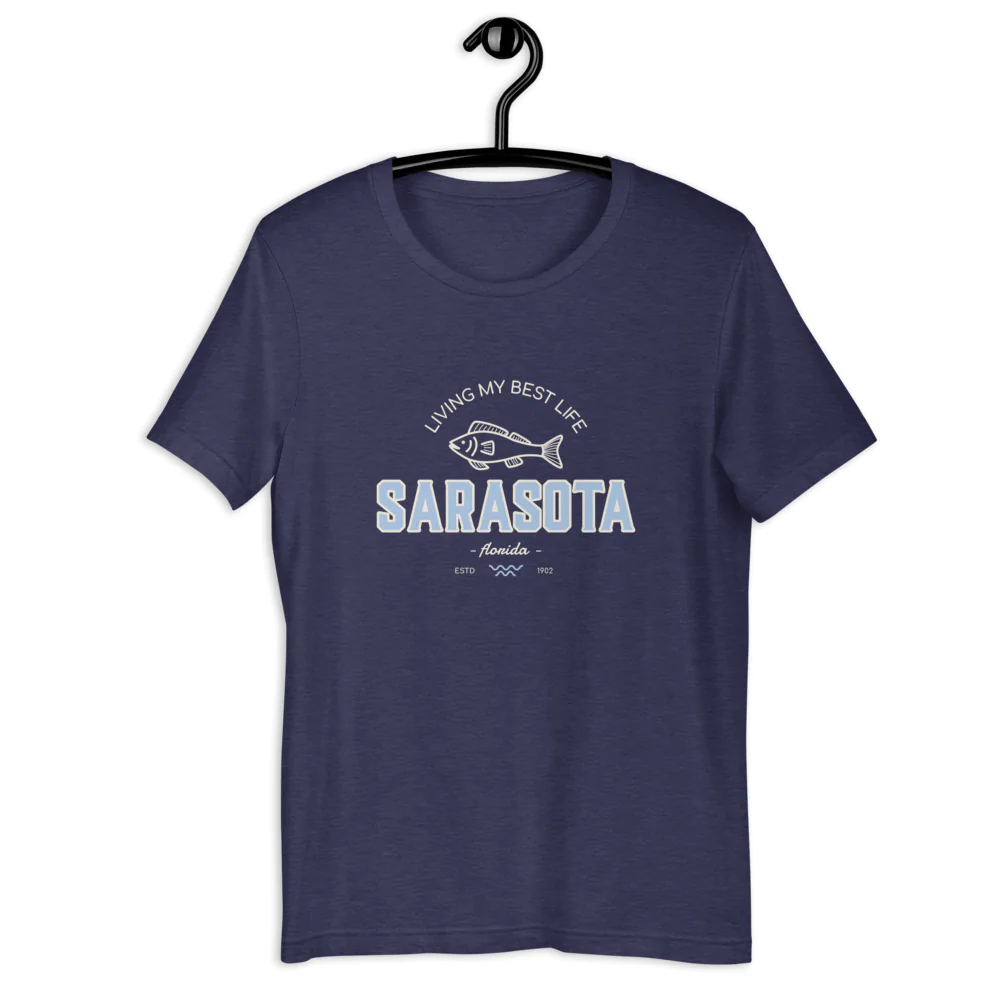
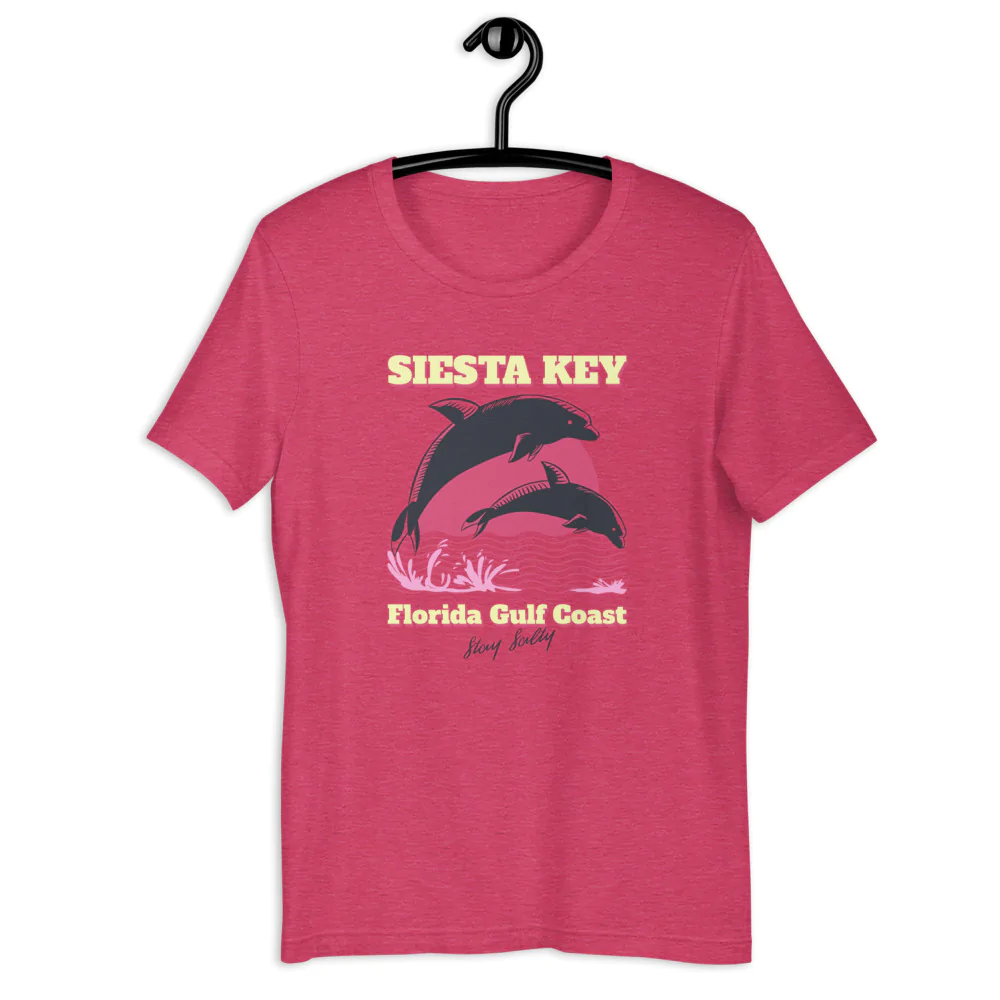
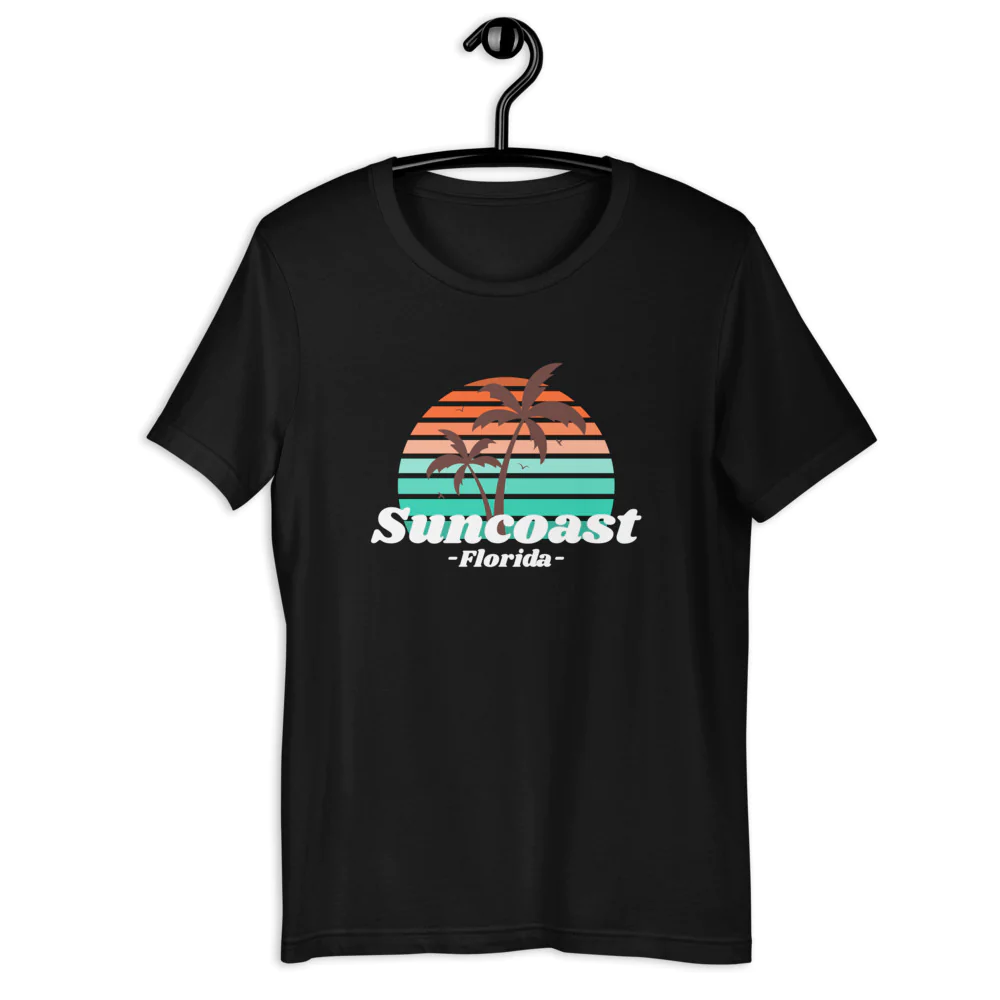
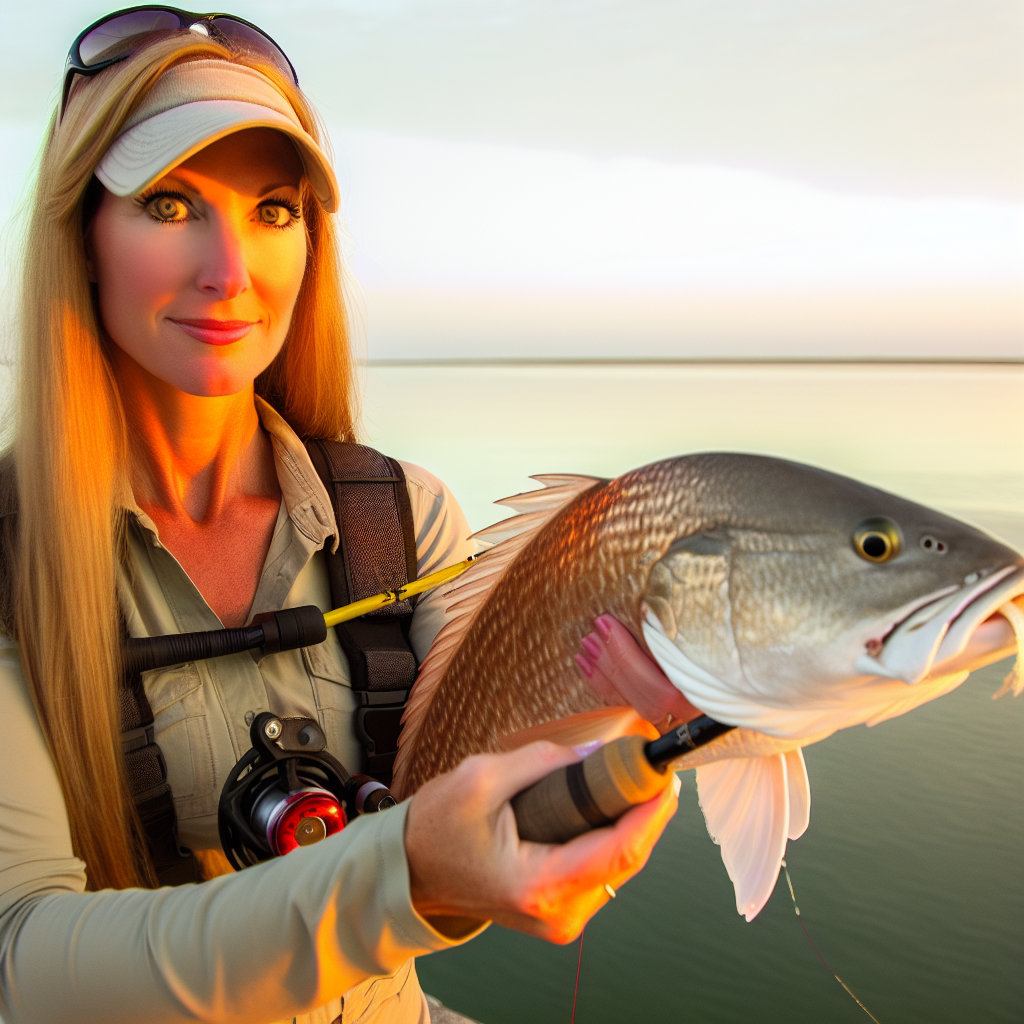


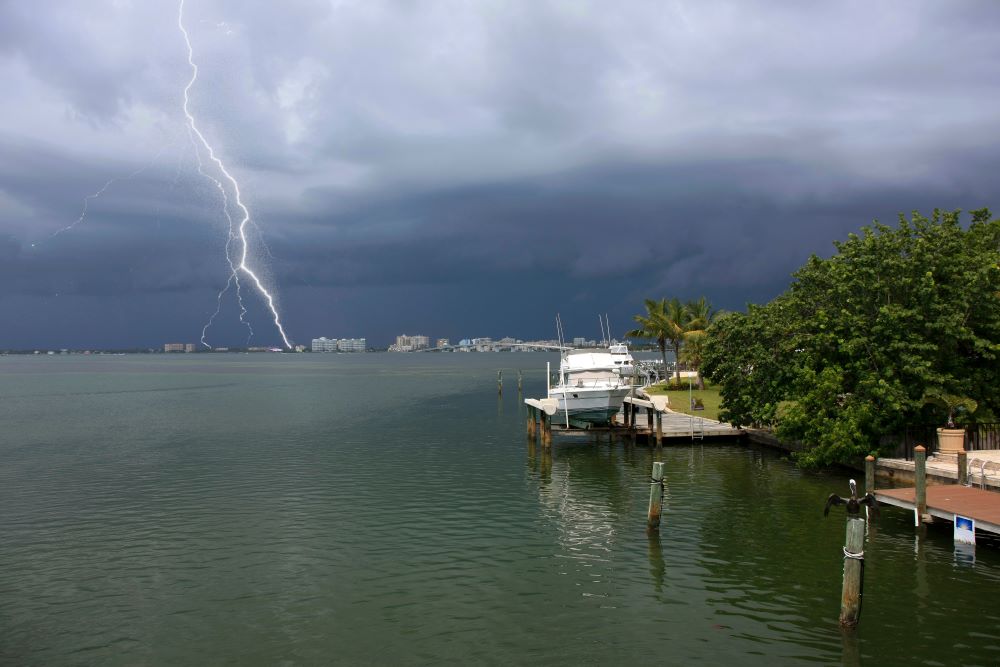


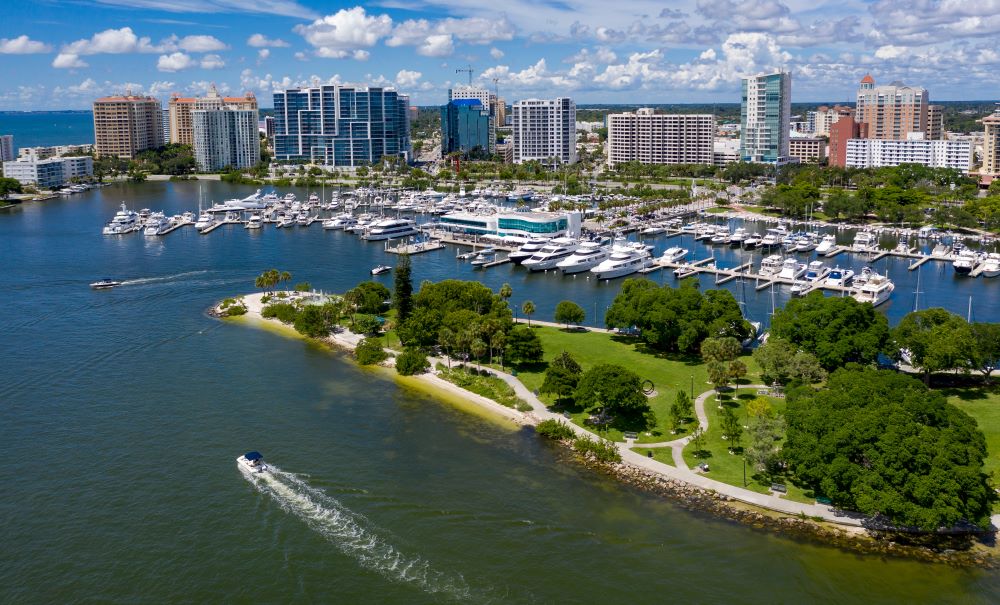
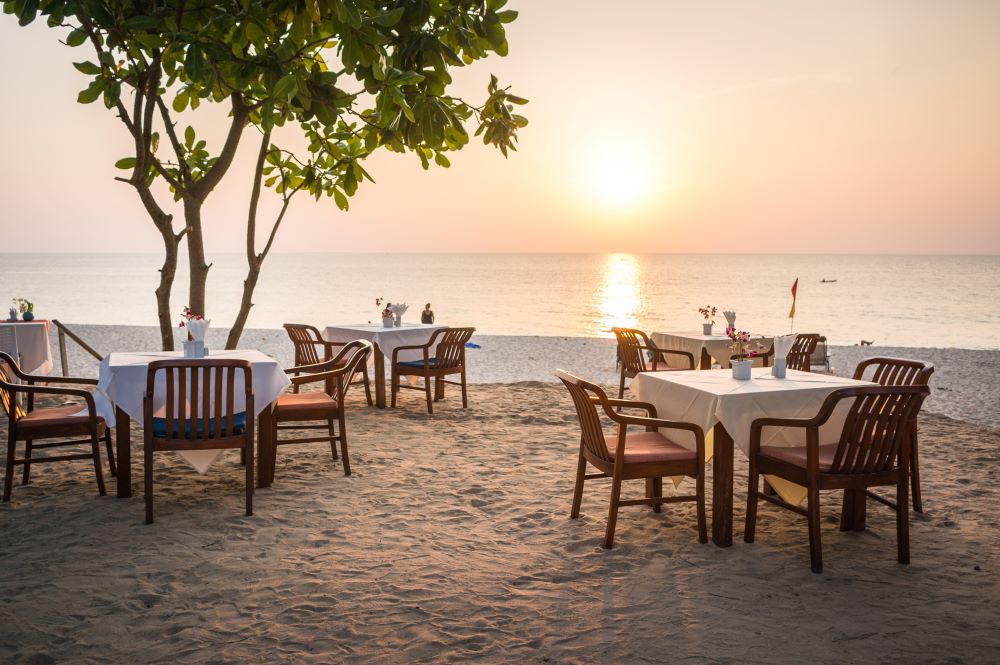

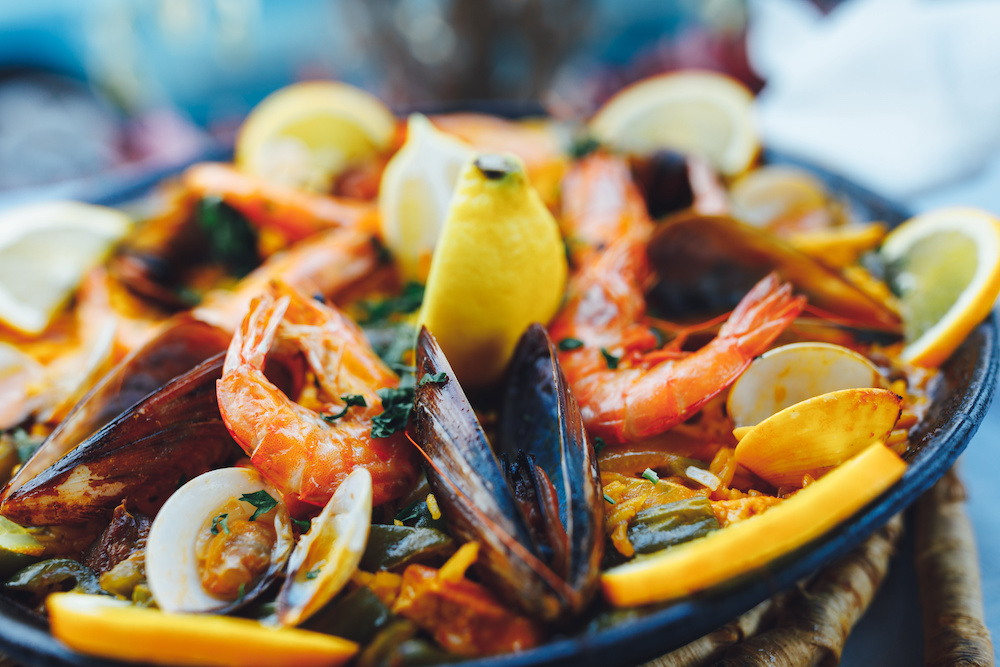
Share This Page